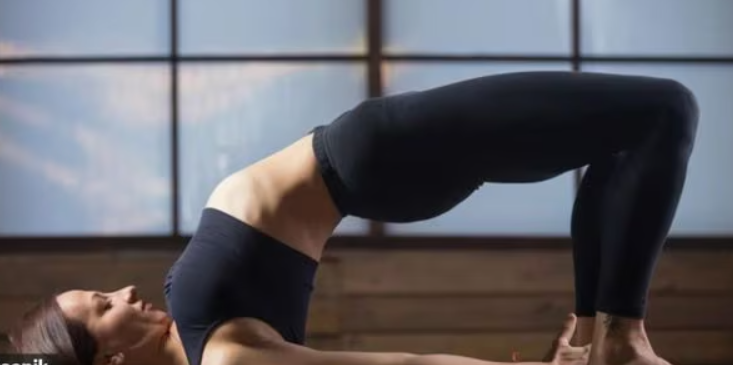Yoga better than a sleep pill for insomnia: What are takeaways from a Harvard study?

Next time you are having a sleepless night and carrying stress from work home, do some deep breathing or pranayama. Then try looking upwards and fix your gaze on your eye-brow centre above the nose. This is called the Shambhavi mudra and directly impacts the pineal gland which releases the sleep-inducing hormone called melatonin.
Clinical trials at the Harvard Medical School, done in collaboration with PGI, Chandigarh, have shown that yoga and meditation can help you deal with insomnia or sleeplessness. Dr Sat Bir Singh Khalsa, Associate Professor of Medicine at Harvard Medical School, USA, who actively collaborated with Prof Akshay Anand, PGI, Chandigarh, says, “We found yoga practices help in sleep duration in addition to sleep efficiency, quality and other measures. Yoga is a multi-component practice that is also known to be effective in reducing arousal.” Dr Khalsa has been working on sleep and circadian rhythm research since 1985.
WHAT ARE FINDINGS OF THE CLINICAL TRIAL?
Researchers tested a simple yoga protocol in a chronic insomnia population. “At the end of the practice, statistically significant improvements were observed in sleep efficiency, total sleep time, total wake time, sleep onset latency or the time it takes to fall asleep (ideally 10 to 20 minutes), wake time after sleep onset, number of awakenings and sleep quality,” says Dr Khalsa.
